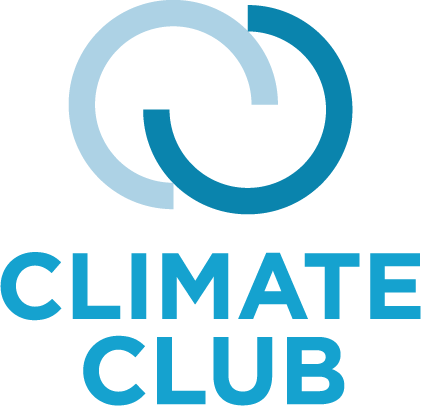The climate club
An inclusive high-level forum for industry decarbonisation.

Currently comprising 48 members and growing, the Climate Club is a high-ambition intergovernmental forum for exchange on industry decarbonisation and serves as an enabling framework for increased collective action across diverse geographies.
Want quarterly updates on our activities and results?
News & Events
Who we are
An open, inclusive and ambitious high-level forum for cooperation on accelerating climate action and increasing ambition, particularly in the field of industry decarbonisation – with the aim of achieving the objectives of the Paris Agreement.
Climate Club members share their assessments and best practices on ambitious and transparent mitigation policies and work towards a common understanding of the effectiveness and economic impact of such policies. The Climate Club’s initial focus is on the emission-intensive sectors steel and cement with the aim to scale up lead markets and to make decarbonised industrial production the default business case.
Recognising that countries have different starting points and strategies, the Climate Club fosters cooperation to improve the enabling environment for industrial decarbonisation in emerging markets and developing economies.
While focusing on exchange among governments, the Climate Club also engages relevant stakeholders and experts from academia, think tanks, civil society, and the private sector. It draws on their expertise, and elevates and complements the ongoing work of international organisations and initiatives that relates to its activities.
Discover the Climate Club background paper: Accelerating global industry decarbonisation
through stronger international collaboration
Publications
Key documents
Areas of work
The Climate Club’s work is comprised of activities and deliverables that support its function as a high-ambition intergovernmental forum for strategic dialogue, cooperation and collective action.
Joint activities and workstreams are structured along three interlinked pillars that constitute the rallying points for its activities.
- Pillar 1: Advancing ambitious and transparent climate change mitigation policies
- Pillar 2: Transforming industries
- Pillar 3: Boosting international climate cooperation and partnerships
The Climate Club has launched a Global Matchmaking Platform that facilitates the alignment, coordination and matchmaking of existing international technical and financial assistance for emerging markets and developing economies (EMDEs) in the area of industry decarbonisation. It also supports the engagement of private sector actors with the objective of mobilising their capital through raising awareness, improving capacity and knowledge, supporting peer learning, and the identification of gaps, needs and challenges for accessing finance for industry decarbonisation.
Advancing ambitious and transparent climate change mitigation policies
by working towards a common understanding of the effectiveness and economic impact of such policies, strengthening emissions measurement and reporting mechanisms, and engaging in dialogue on carbon leakage and other risks to mitigation efforts.
Transforming industries
to advance the enabling conditions for substantial industrial decarbonisation by discussing and aiming to align, as far as possible, methodologies, standards, sectoral strategies and expanding markets for green industrial products.
Boosting international climate cooperation and partnerships
to encourage and facilitate climate action and improve the enabling environment for industrial decarbonisation in emerging markets and developing economies to leap-frog into a climate-friendly industrial development.
Members of the Climate Club
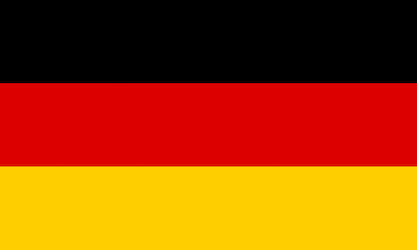
Germany
(Co-Chair)
Ministry for Economic Affairs and Climate Action

Türkiye
(Co-Chair)
Ministry of Industry and Technology;
Ministry of Environment, Urbanization and Climate Change;
Ministry of Energy and Natural Resources;
Ministry of Trade

Argentina
Secretariat for Energy, Ministry of Economy, Ministry of Foreign Affairs, International Trade and Worship

Australia
Department of Climate Change, Energy, the Environment and Water (DCCEEW)

Austria

Bangladesh
Ministry of Environment, Forcast and Climate Change

Belgium
Federal Public Service Health, Food Chain Safety and Environment

Canada
Ministry for Environment and Climate Change

Chile
Ministry of Foreign Affairs; Ministry of the Environment

Colombia
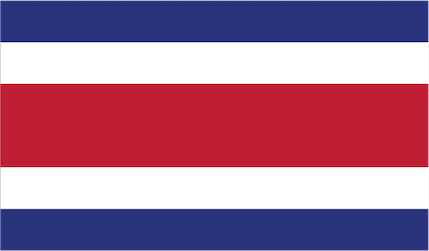
Costa Rica
Ministry of Environment

Croatia
Ministry of Enviromental Protection and Green Transition, Ministry of Economy

Denmark

Egypt
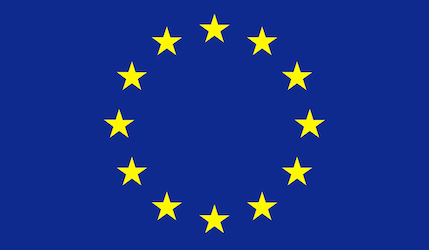
European Union
Directorate-General for Climate Action;
Directorate-General Taxation and Customs Union

Finland
Ministry of Finance

France
Ministry for Europe and Foreign Affairs; Ministry for Economy and Finance

Greece
Ministry of Environment and Energy

Indonesia
Coordinating Ministry for Maritime Affairs and Investment

Ireland
Department of Environment, Climate and Communications

Italy

Japan
Ministry of Economy, Trade and Industry; Ministry for the Environment
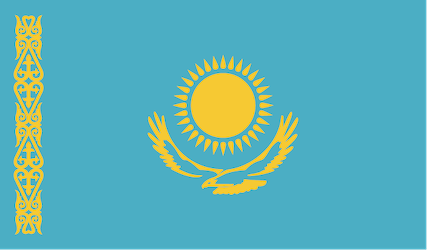
Kazakhstan
Ministry of Ecology and Natural Resources

Kenya
Ministry of Foreign and Diaspora Affairs

Korea
Ministry of Foreign Affairs; Ministry for Trade, Industry and Energy; Ministry of Environment

Kyrgyz Republic
Ministry of the Natural Resources, Ecology, and Technical Supervision
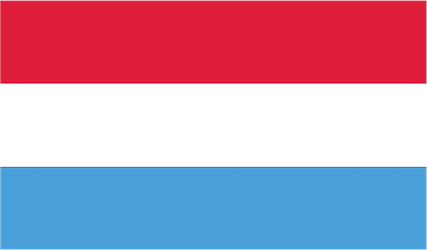
Luxembourg
Ministry of the Environment, Climate and Sustainable Development

Malaysia
Ministry of Natural Resources and Environmental Sustainability
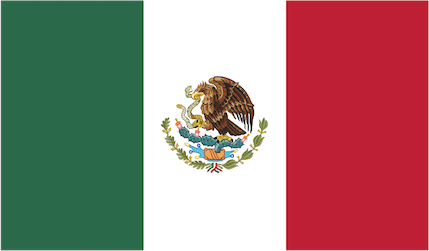
Mexico

Morocco
Ministry of Foreign Affairs, African Cooperation & Moroccan Expatriates

Mozambique
Ministry of Foreign Affairs and Cooperation

Netherlands
Ministry of Economy and Climate

New Zealand
Ministry for Economic Affairs and Climate Action

Norway
Ministry of Climate & Environment; Ministry of Petroleum and Energy, Ministry of Foreign Affairs

Peru
Ministry of Production; Ministry of Energy and Mines; Ministry of Environment; Ministry of Foreign Affairs.

Poland
Ministry of Climate and Environment

Portugal
Ministry of Environment and Energy

Singapore
Ministry of Trade and Industry

Slovak Republic
Ministry of Environment

Spain

Sweden
Ministry of Climate and Enterprise

Switzerland
Federal Office for the Environment

Thailand
Ministry of Natural Resources and Environment

Ukraine
Ministry of Environmental Protection and Natural Resources

United Kingdom
Department for Business, Energy & Industrial Strategy

Uruguay
Ministry of Industry, Energy and Mining; Ministry of Foreign Affairs

Uzbekistan
Ministry of Ecology, Environmental Protection and Climate Change
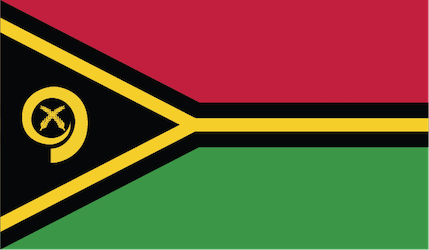
Vanuatu
Governance arrangements
Members agreed to ask the Organisation for Economic Cooperation and Development (OECD), in tandem with the International Energy Agency (IEA), to host a Secretariat which coordinates the implementation of the Work Programme.
The Climate Club Steering Group provides strategic and operational guidance and contributes to the preparation of Body of Members meetings.

Steering Group

Germany
(Co-Chair)

Indonesia
(Member)

Türkiye
(Co-Chair)

Korea
(Member)

Australia
(Member)

United Kingdom
(Member)

Chile
(Member)

Egypt
(Member)

European Union
(Member)
How to join
The Climate Club is inclusive in nature and open to climate-ambitious countries. By joining, members indicate their commitment to the following1 :
a) the full and effective implementation of the Paris Agreement and the decisions thereunder, accelerating their climate ambition and resolving to pursue efforts to limiting the temperature increase to 1.5°C;
b) accelerating the transition to net zero GHG-emissions by or around mid-century and reflecting this in Nationally Determined Contributions and Paris-aligned long-term transformation pathways;
c) accelerating their sectoral decarbonisation, particularly in the industry sector;
d) actively working together to advance the objectives of this Club and promoting them in other fora.
The process to join the Climate Club is unbureaucratic and simple, for more information please contact the Secretariat.
